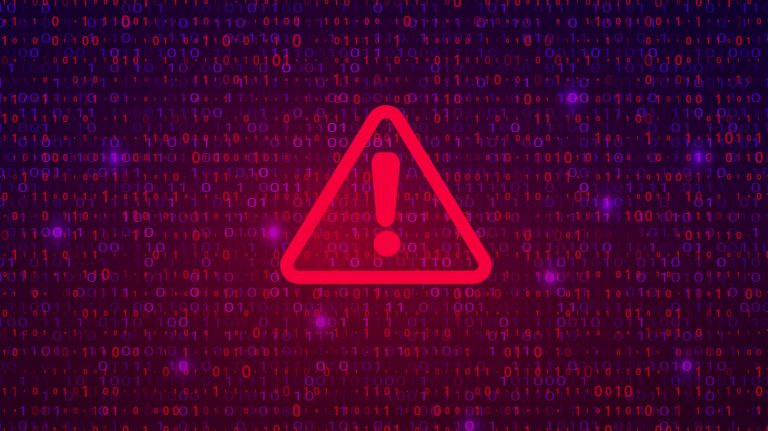As more businesses opt for a hybrid workplace following the impact of the pandemic, online networks have never been more important to keep employees connected. However, by storing more data online, more businesses are left vulnerable to criminals.
Statistics from SonicWall’s Cyber Threat Report 2022 reveal that ransomware attacks rose by 227% in 2021 to a staggering 33.5 million. According to Check Point, the number of organisations impacted by ransomware rose to 1,210 in June 2021, which researchers state is only set to increase.
What is ransomware?
Ransomware is a type of malware that employs encryption on a victim’s system to hold their data and files at ransom and can happen to any business regardless of size and sector. The encryption prevents an organisation from accessing important files or applications, including sensitive databases, which can only be accessed after paying a sum of money.
What are the threats?
Ransomware can be difficult to deal with if you fall victim to this attack due to the anonymity of criminals, as many hackers use cryptocurrency such as Bitcoin for payment, which is hard to track.
If your business lacks strong cyber security and is targeted by cyber criminals, a successful ransomware attack could stunt business growth and leave you significantly out of pocket. With sensitive data in the hands of hackers, your files could also be accessed and shared with a third party, leaving your wider network – including customers – at risk.
How to protect your business against ransomware
To prevent your files from ending up in the wrong hands, be sure to backup important information to multiple locations, such as well-protected online networks or physical servers. With copies elsewhere, if you do find yourself targeted by ransomware, you can safely wipe your device and reinstall backup files and applications without the fear of losing them forever.
Ensuring that your business has a strong cyber security network should involve installing up-to-date security software, using password managers, and training staff to watch out for nefarious spam emails.
If you would like more information on developing a secure cyber security strategy, please contact the NEBRC. We work as part of a national network to inform businesses about cyber threats and provide support to help them stay safe from cybercriminals.
From vulnerability assessments to security awareness training, our team can help your business identify cyber threats and prevent them from being successful.
Please contact us on [email protected] for further guidance.

